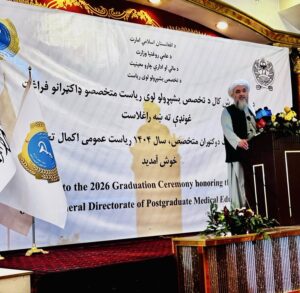KABUL (SW) – A number of Kabul residents say that as the weather warms up, the electricity demand has also increased and they do not have access to the electricity they need for hours of the day and night amid prolonged breakdowns.
Abdul Hamid, a resident of the 10th district of Kabul city, says that he does not have access to electricity for more than ten hours a day. He adds: “Electricity supply has no set time. The power goes out at 8:00 p.m. until 4:00 a.m. and if the power goes out at evening, it will only return at 10:00 p.m.”
Khalil, a resident of the 13th district of Kabul city, also says that they have access to electricity every other night only. He adds: “The electricity consumption in the 13th district is very high. Some times we have it some nights we don not have it at all. We want proper electricity supply for us.”
Musa, a resident of Makroryan area in Kabul, who is a tailor, says that power outages have negatively affected his work. He adds: “We need a lot of electricity on regular basis. We ask Breshna (electrcity supply company) to provide us with the electricity we need.”
However, officials at the Da Afghanistan Breshna Sherkat (DABS) say that due to the excessive use of electricity by the residents of Kabul, they have increased the electricity breakdowns.
Hekmatullah Maiwandi, the spokesperson of DABS, says that the increase in electricity demand is not sustainable and that the electricity supply process in the capital will be normalized by solving this problem.
He adds: “The use of electricity has increased in Kabul, and in order not to face a problem, we have put in place a breakdown that these disturbances will be short-term and the electricity supply process will return to normal.”
Lack of electricity and not having access to electricity all the time has been a constant problem for many citizens. According to statistics provided by DABS, only 38% of Afghan citizens have access to electricity.
Officials say that they have prepared a strategic plan to solve the fundamental problem of electricity, and with its implementation in the next five years, a thousand megawatts of electricity will be supplied from water sources.
ENDS






